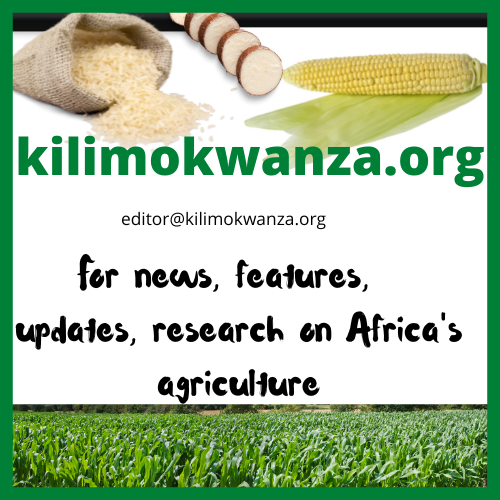The district, known for its successful peanut farming, expects an increase in harvests, prompting plans to install peanut shelling machines in each ward.
Mlele District, Katavi Region – The Mlele District Council, which produced the national best peanut farmer with a yield of 300 kilograms per acre last year, has announced plans to acquire multiple peanut shelling machines for each ward due to the anticipated increase in peanut harvests.
Speaking at a press conference, Isabela Pastory, the Agricultural Officer of Ilela Ward, highlighted the significant achievements made by a national-level farmer, referred to as Boaz, who achieved remarkable success by utilizing modern seed varieties and adopting modern farming techniques.
“After receiving these new seeds, we held training sessions with our farmers through demonstration farms. They learned and implemented the new techniques. Previously, farmers had low-yield farming practices, harvesting only around 9 kilograms per acre, with a significant portion lost to diseases and outdated farming methods,” stated Isabela. She further explained that this year, the farmers have increased their planting levels, resulting in abundant yields.
Although awaiting official statistics, Isabela affirmed that farmers’ testimonies provided substantial evidence of the positive impact of the training conducted in the demonstration farms and its subsequent implementation in their own fields.
“It has become easier for experts to impart knowledge because farmers are witnessing tangible results in the demonstration farms run by their fellow farmers. They have real evidence of successful harvests, while others have suffered losses. Initially, when we told farmers that they could yield 32 kilograms of peanuts per acre, they were skeptical, but after seeing the success of their peers, everyone desires to emulate that success,” said Isabela.
She urged researchers from the Agricultural Research Institute (TARI) to continue collaborating with them to eradicate traditional seed varieties that have contributed to farmers’ poverty. She emphasized that farmers have become enlightened and are now seeking modern seed varieties.
Daudi Kibiriti, a farmer from Ipwaga village, expressed his satisfaction with the TARI seed varieties, which enabled him to achieve higher yields compared to using traditional seeds known as Malawi.
“We were provided with research seeds for peanut farming, and honestly, these seeds are excellent. We can easily differentiate them in appearance. In terms of production, they are superior, with better yields and early maturation,” praised Kibiriti.
Juma Mfaume, a peanut researcher from TARI Naliendele, expressed gratitude to the farmers for their cooperation and emphasized that significant changes in peanut farming were underway in the district through their partnership.
He revealed that TARI has distributed 16 different seed varieties in the district and is collaborating with farmers to identify the suitable varieties for their specific regions. Mfaume emphasized the importance of working closely with farmers since they are the ones cultivating the crops and have a better understanding of market demands.
The research team offers farmers seeds with different colors and varying oil content. During the research period, farmers have the opportunity to experiment with different seed varieties in demonstration farms to determine which ones suit them best.
Mfaume urged farmers to understand the characteristics of these seeds and make informed decisions to promote their extensive use, ultimately contributing to a reliable and profitable farming enterprise.
“These seeds are drought-tolerant and resistant to diseases, which is why we encourage farmers to increase cultivation to enhance production,” added Mfaume.
